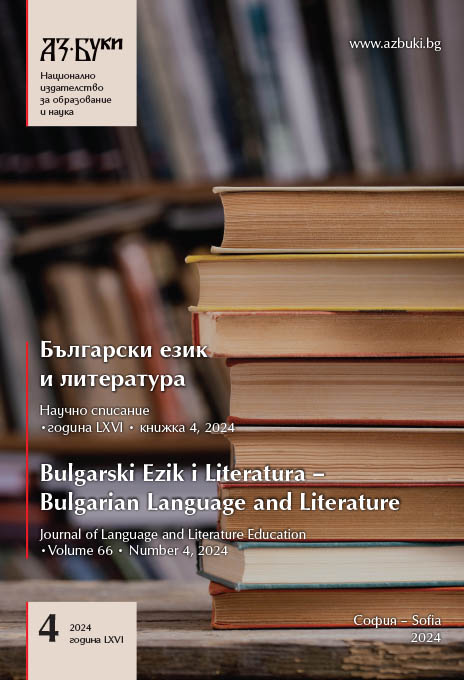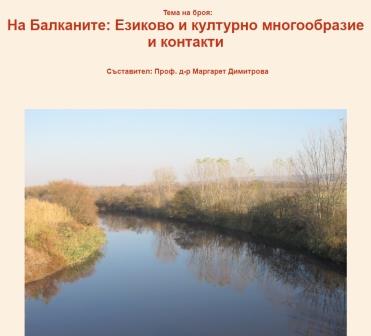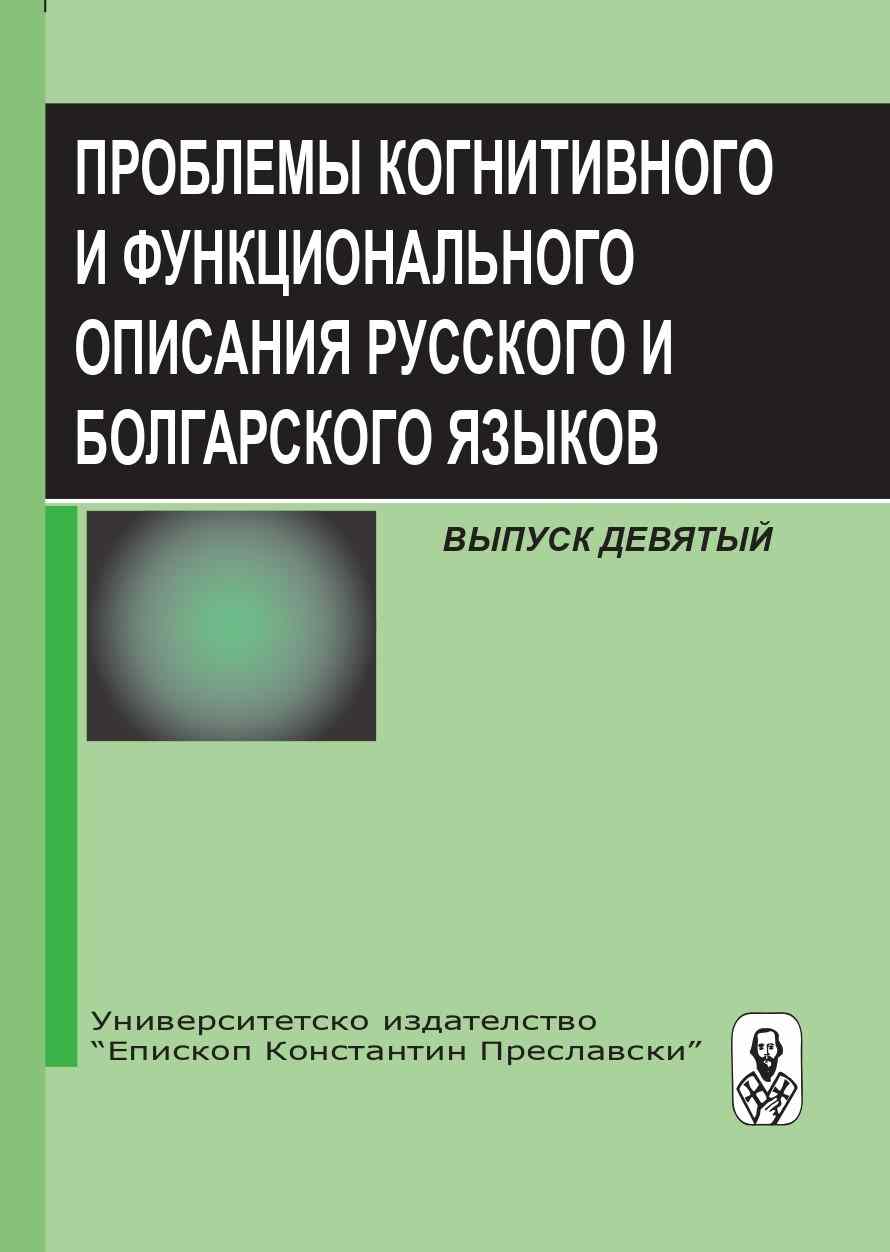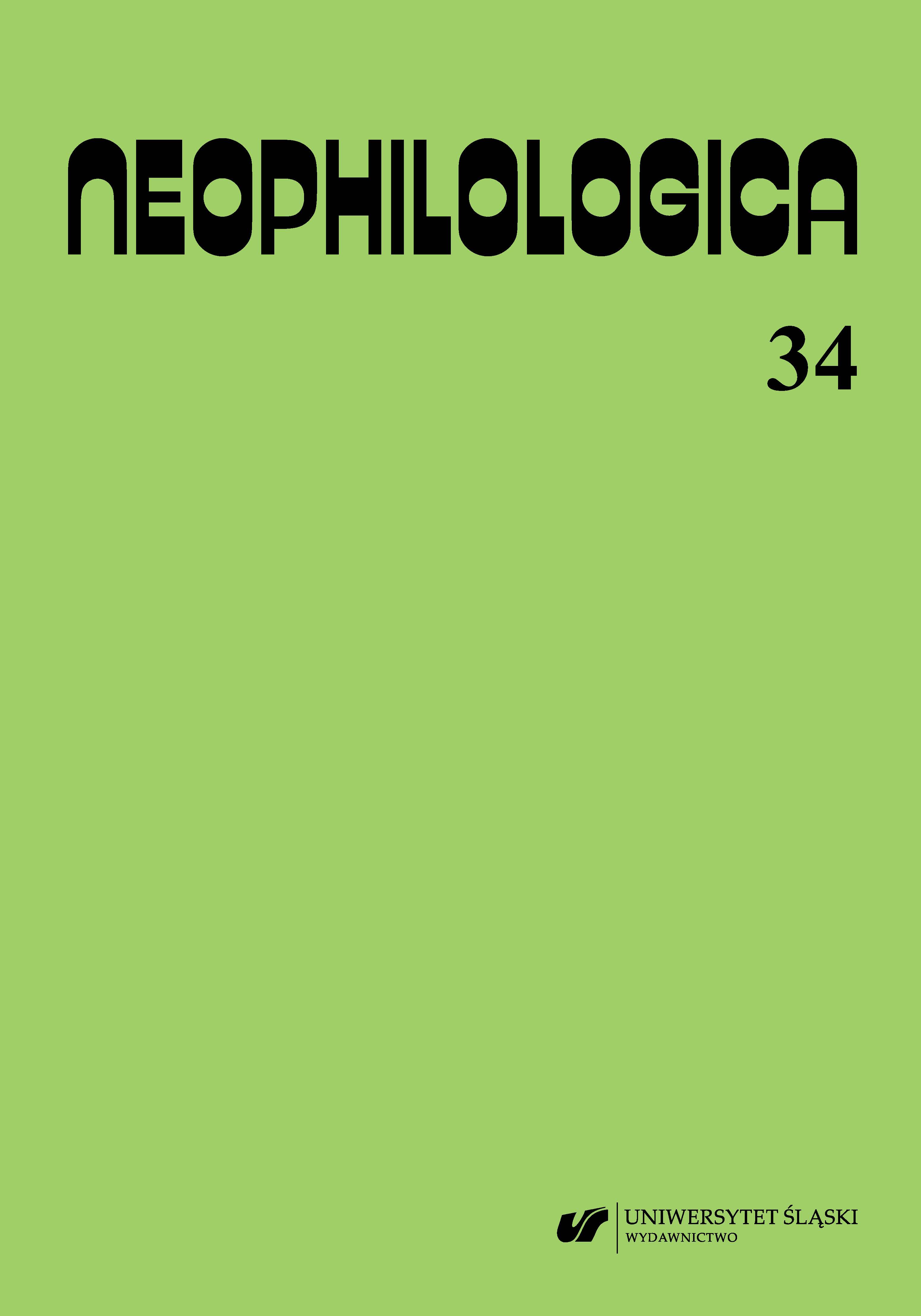
Biblical and Anthropocentric Phraseologisms in Dmytro Dontsov’s Works: A Cognitive Aspect
The paper deals with Dontsov’s “phraseological speech” in the framework of cognitive linguistics. The ways of creating partially-authorial (biblical) and authorial (anthropocentric) phraseologisms are discussed and their assignment to different phraseological-semantic microfields is suggested. A number of Dontsov’s phraseologisms are viewed as linguomental pictures of the world that are potentially acceptable for a wider use. Methodologically, the research presents a cluster of general scholarly methods and those used in cognitive linguistics as well as special approaches developed in modern anthropocentric research. Methods of cognitive linguistics are of the utmost importance and include categorizing the phenomena of the objective reality and the interdisciplinary method of interpretation related to the correlation of language data with cultural studies, political science, ethnopsychology and other disciplines. Semantic and contextual analyses are also used as supplementary methods. The potential value of the research is ensured by its contribution to the modern anthropocentric linguistics that aims at studying language through its speaker. Structural-and-logical scheme illustrating the cognitive stages of generating a phraseologism is suggested and the importance of categorization of lingual phenomena is emphasized. Dontsov’s phraseologisms are claimed to be means of exposure of the national Ukrainian lingual picture, symbols of the national worldview, and the prism of the world perception and understanding.
More...
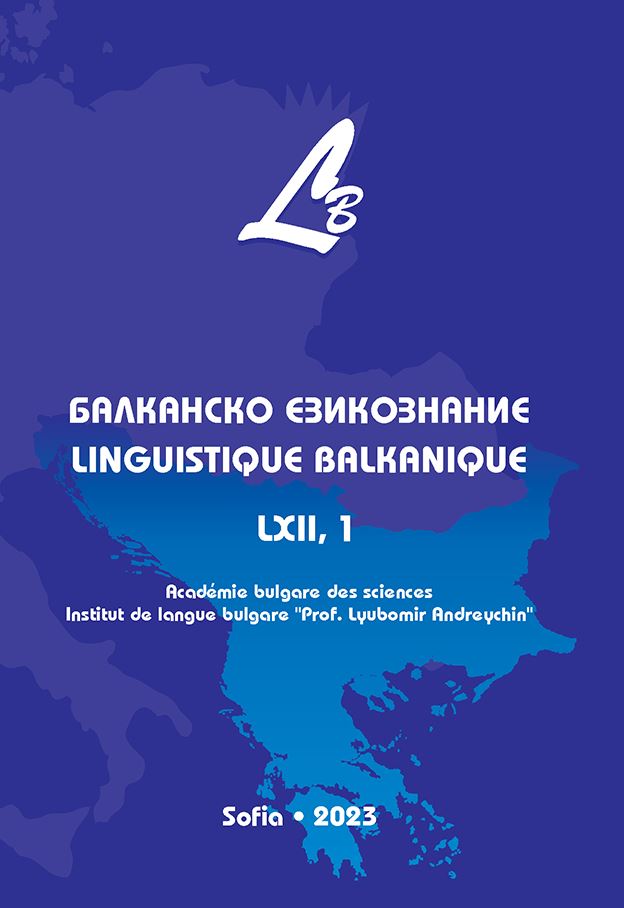
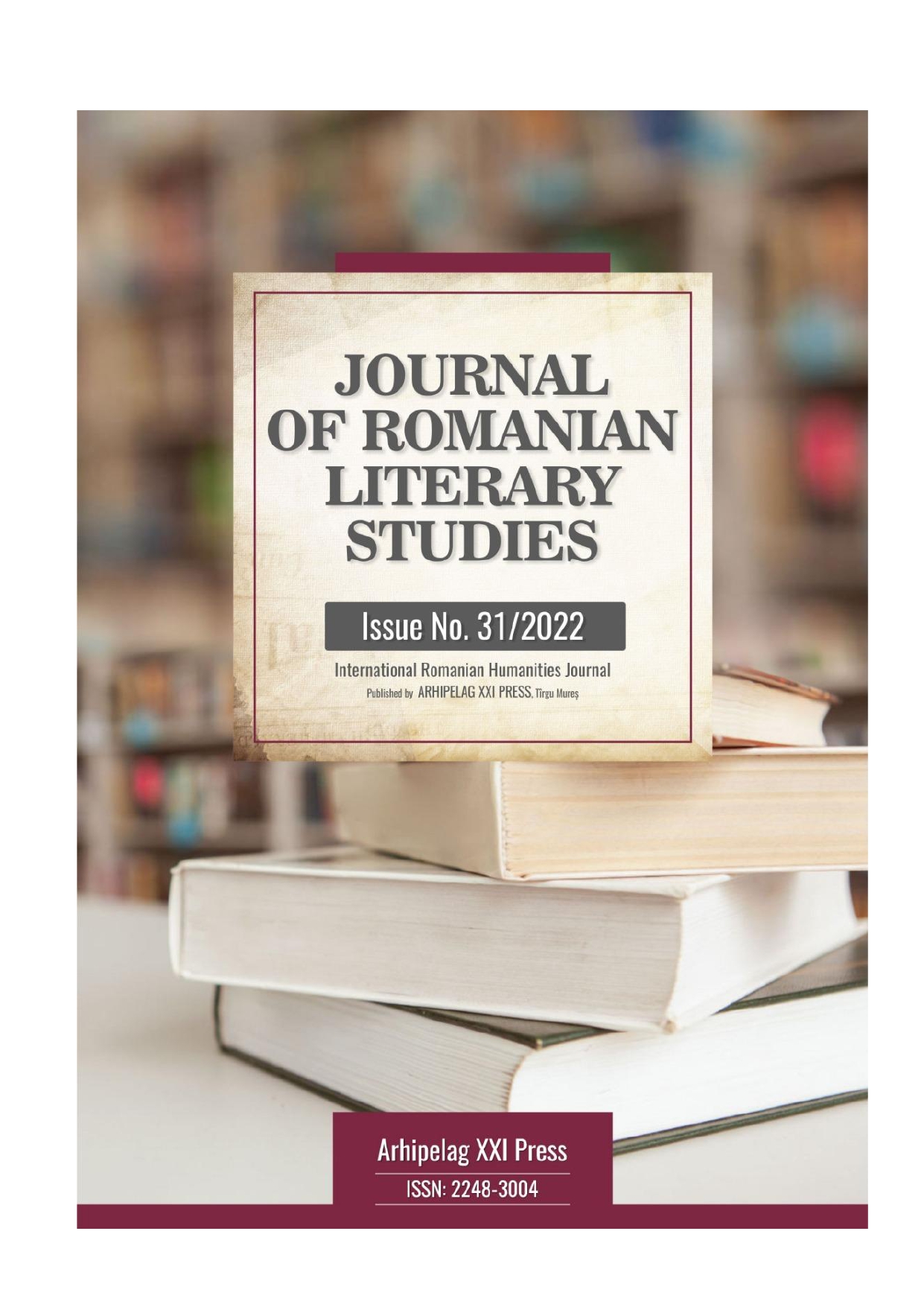
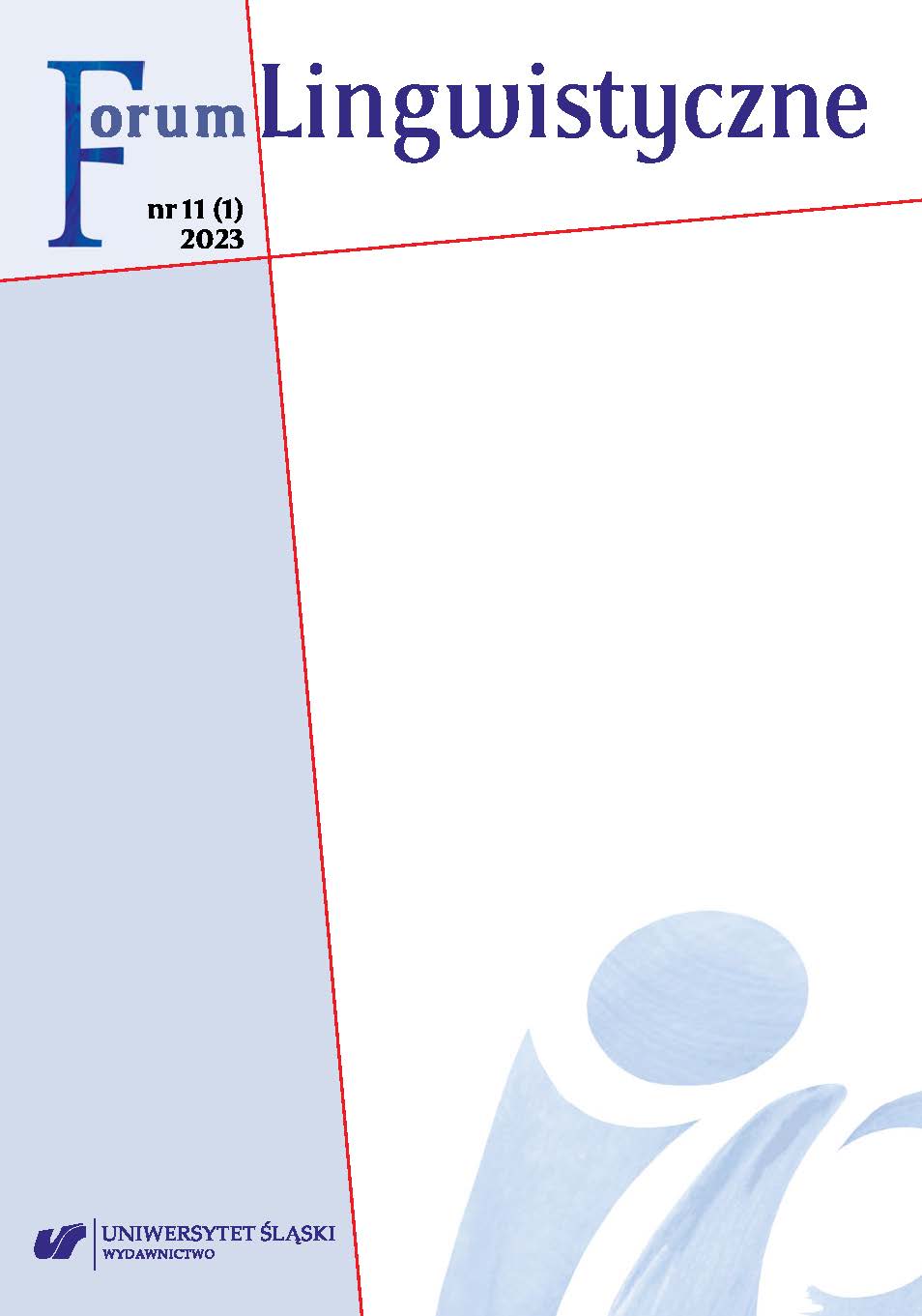
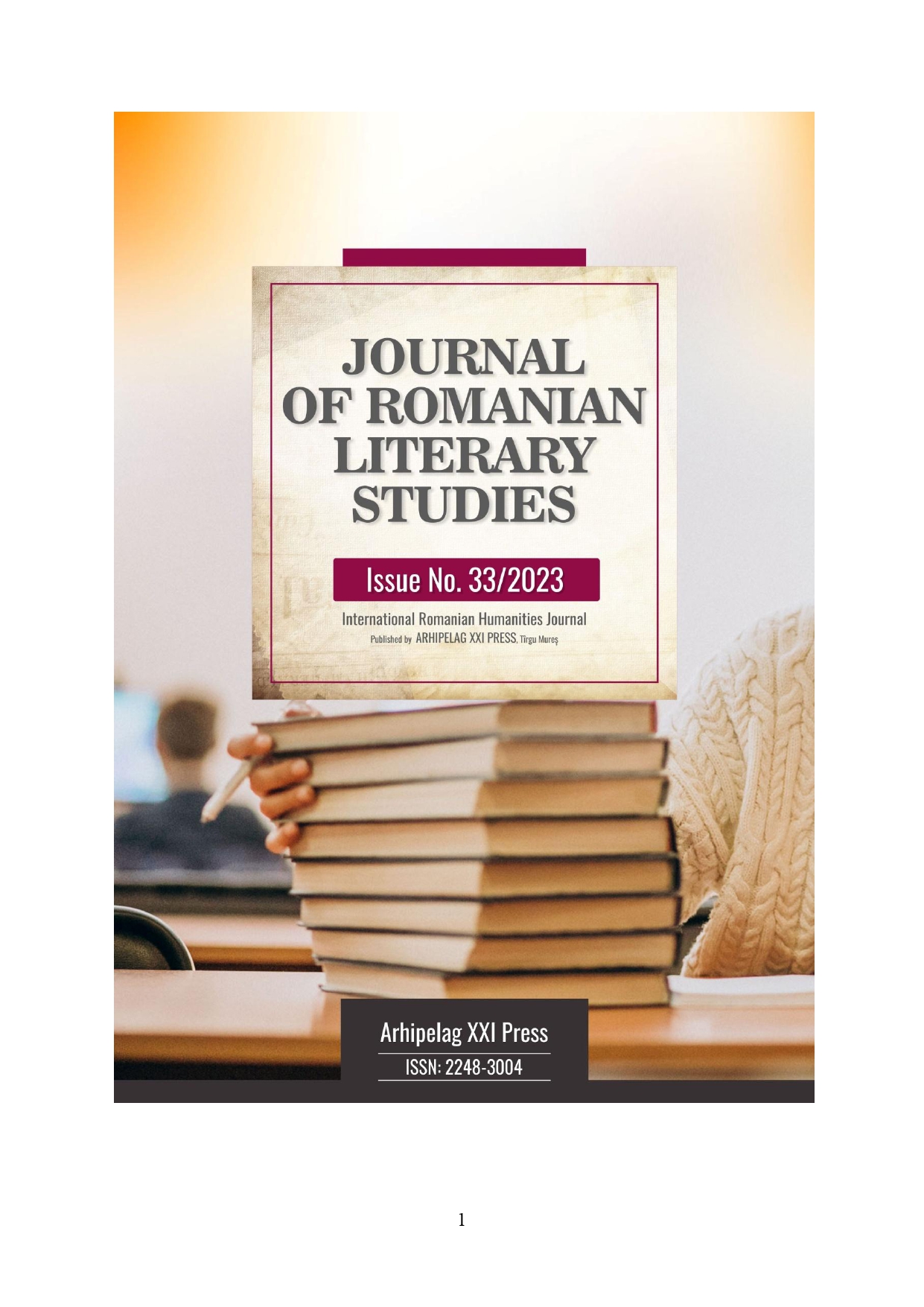
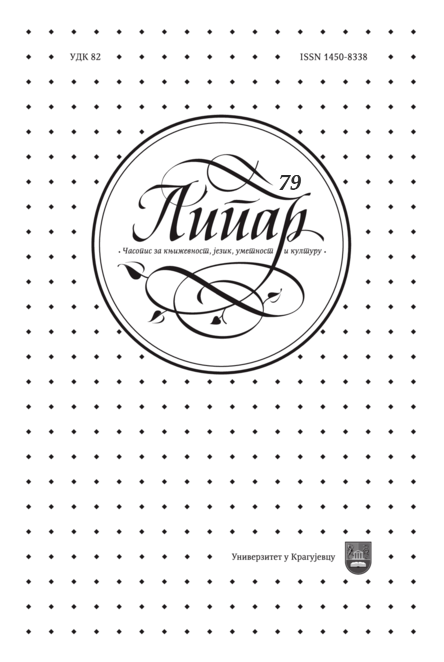
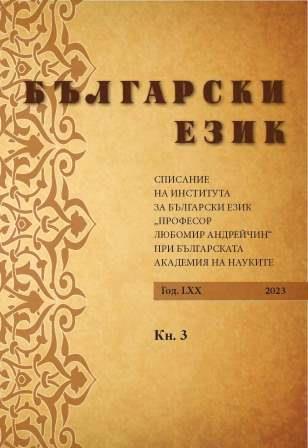
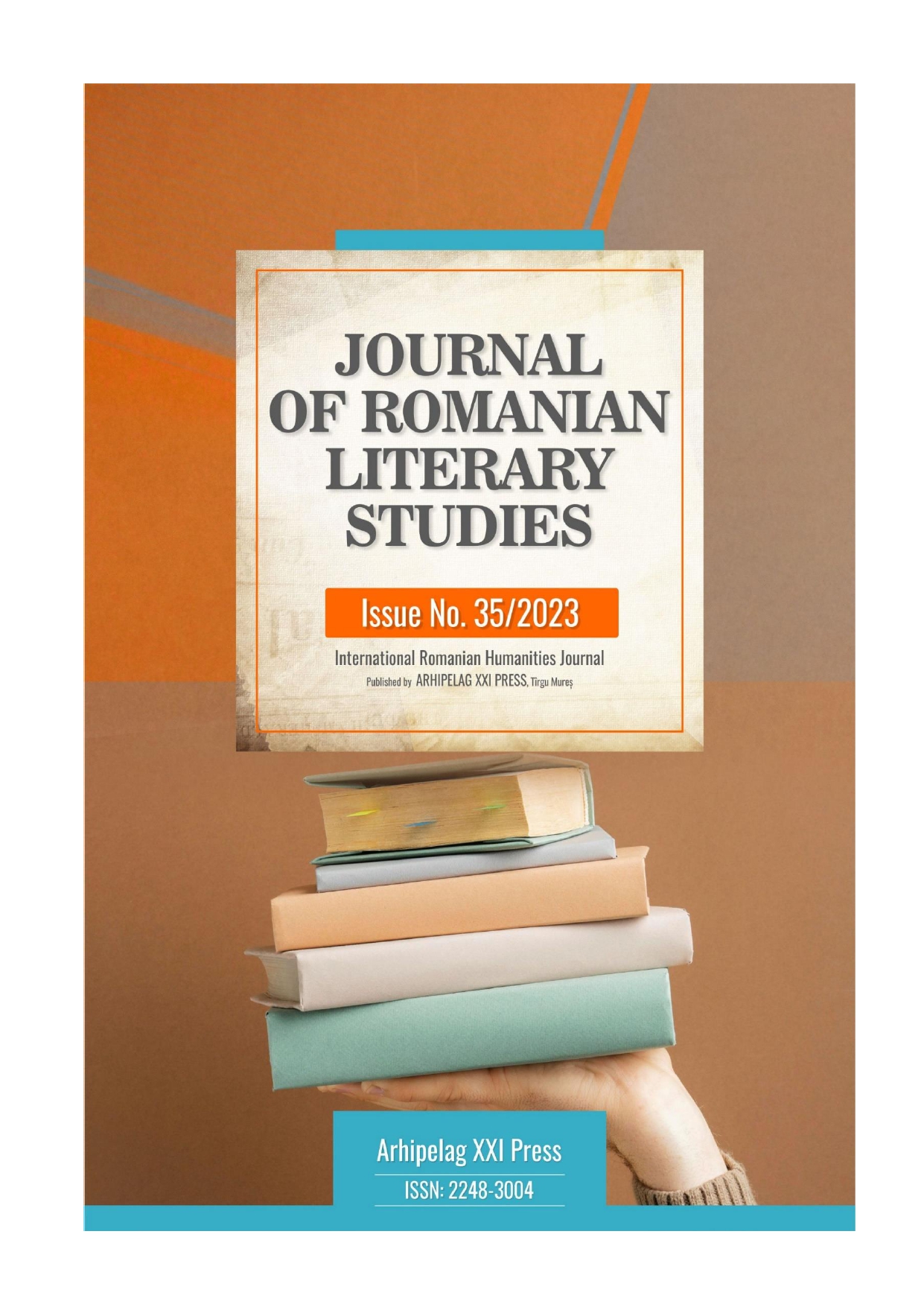
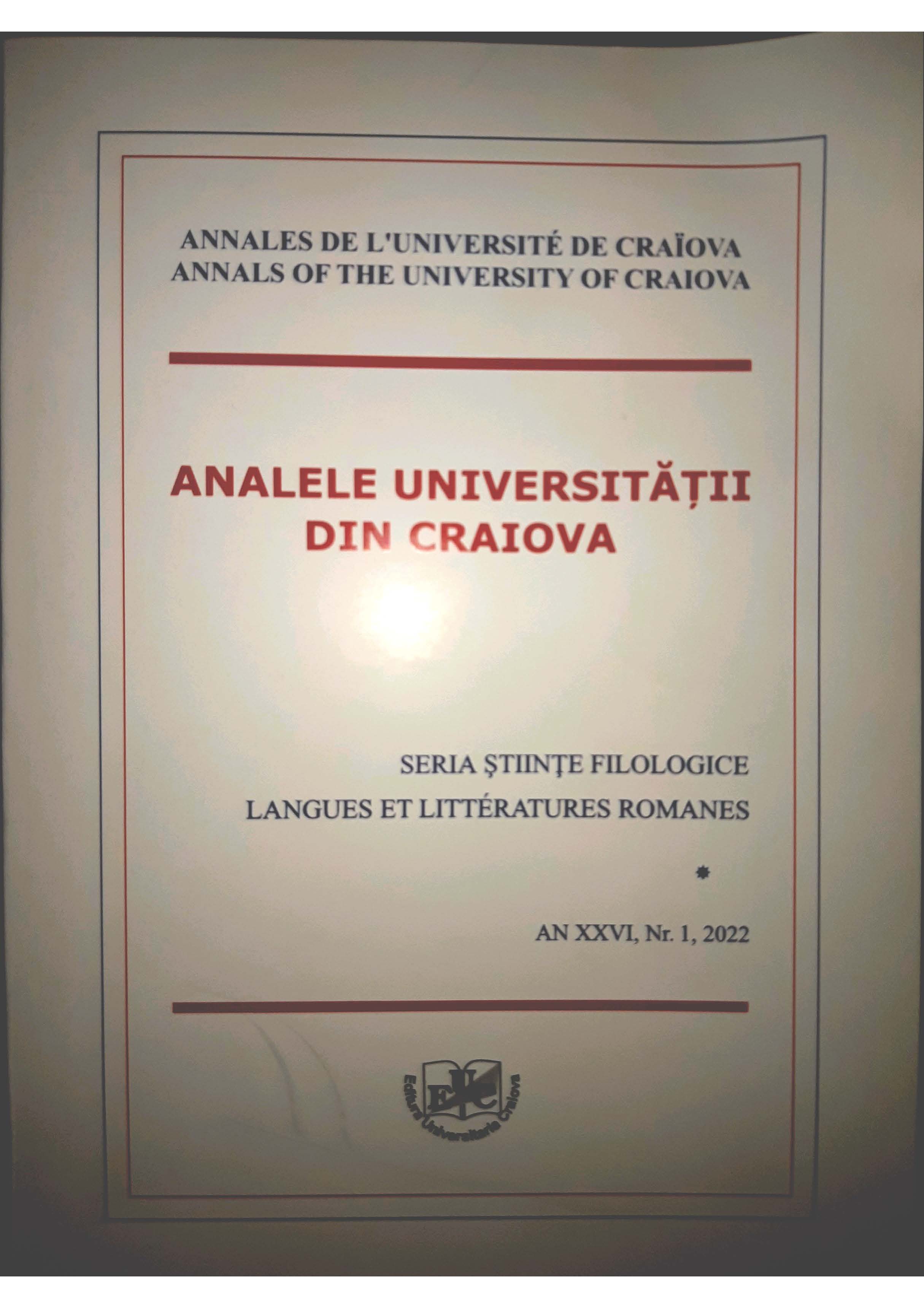
![Review of the linguistic materials contained in volume 2, section 2, of the two-volume Makedoniya. Istoriya i kultura ot drevnostta do dnes [Macedonia. History and Culture from Ancient Times to the Present] (2023); Ezikoznanie [Linguistics], ed. Geor](/api/image/getissuecoverimage?id=picture_2024_82588.jpg)
